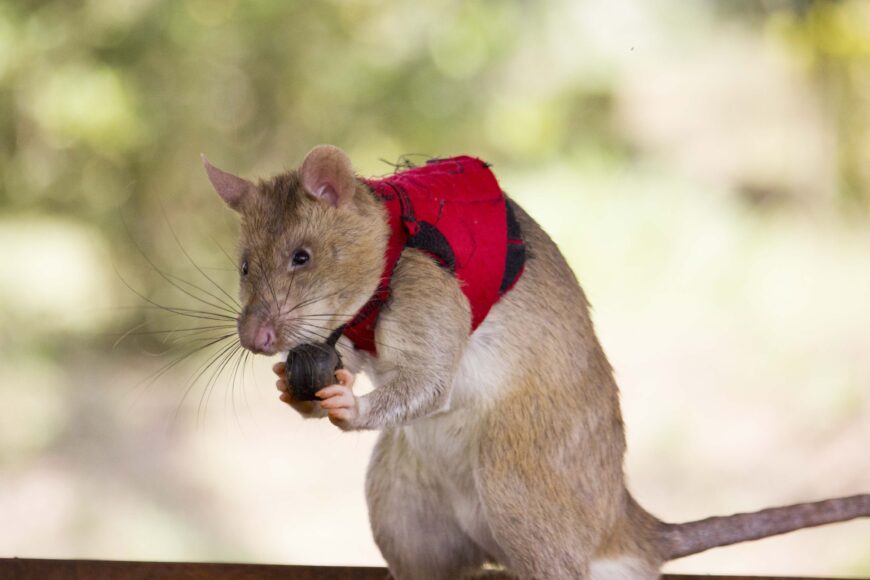
Animals
Giant rat border agents could help put a stop to wildlife poaching
African giant pouched rats have been trained to ferret out elephant ivory, pangolin scales and more. They could be put to work preventing smuggling.
Come explore with us!

African giant pouched rats have been trained to ferret out elephant ivory, pangolin scales and more. They could be put to work preventing smuggling.

Weekly updates to help you use Science News Explores in the learning environment
Thank you for signing up!
There was a problem signing you up.
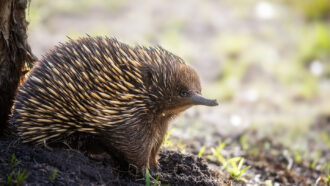
Some animals help fight climate change by boosting the amount of carbon dioxide that plants, algae and bacteria absorb from the atmosphere.
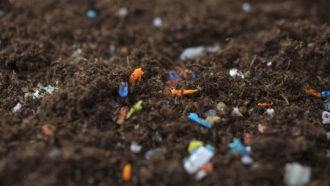
Microplastics made from fossil fuels take centuries to disappear. But the plant- and algae-based plastic can break down in weeks to months.
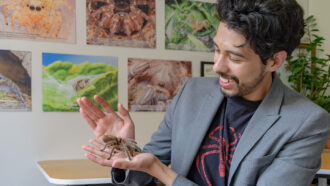
Inspired by his research in animal communication, Echeverri began exploring ways to teach others about science while finishing his Ph.D. Today, he shares his passion for spiders as a science communicator.
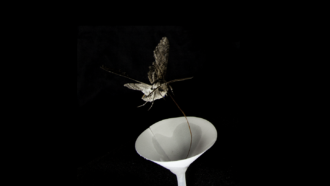
Pollutants that build up in night air can break down the scents that attract pollinating hawkmoths to primrose blooms, disrupting their pollination.

When dipped in indican and exposed to sunlight, yarn turns a deep blue. This process is more eco-friendly than the current denim dyeing method.
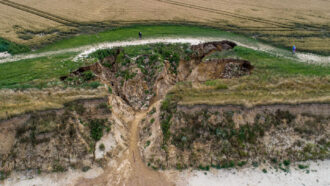
Soil erosion washes pollutants into streams and rivers — but plants may help limit that.
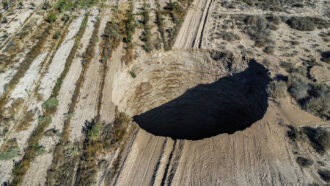
A lot of these aquifers are quickly disappearing due to climate change and overuse. Fortunately, there is growth in some of the world’s major aquifers.

Urban garden specialist Kwesi Joseph is experimenting with rock dust and plants. He also helps New York City community and school gardens with gardening problems.

Carbon capture technology tackles climate change by stomping out carbon dioxide at the source.